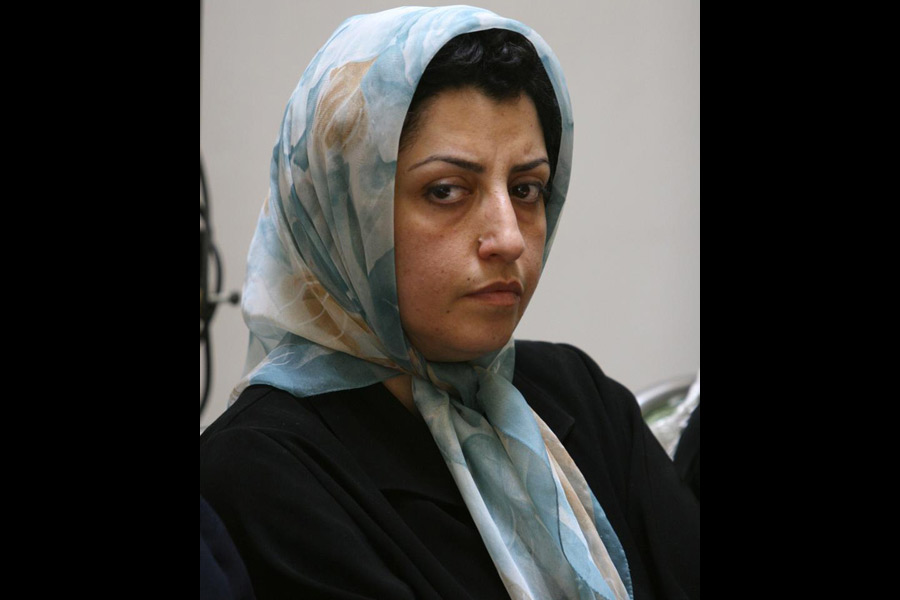 |
| Assam chief minister Tarun Gogoi inspects the construction of the new Assam House building at Dhankheti in Shillong on Thursday. Picture by UB Photos |
Shillong, July 12: As Assam chief minister Tarun Gogoi played the tune at Assam House here, his Meghalaya counterpart Mukul Sangma was apparently in step with the “melody” on how to resolve the long-pending border imbroglio.
Aware of the uneasy calm persisting at Langpih, on the fringes of West Khasi Hills-Kamrup districts, “third party” was the tune Gogoi played when he came to this erstwhile capital of composite Assam today.
Though he did not appear to be in tune with Sangma’s demand for central intervention, Gogoi said a “third party” intervention could be an option to resolve the border row if both states could not arrive at a solution by themselves.
At a news conference convened on the premises of the Assam House, Gogoi said in reply to a query on whether central intervention was required to resolve the problem: “The issue (border imbroglio) should be first settled on our own. It is always better to resolve it on our own. But if the need arises, third party intervention will be required by having a mediator.”
Minutes later, in a separate news conference at the state secretariat, Sangma, who was advocating central intervention till yesterday, said, “Maybe this third party, in the form of having a mediator, should be stakeholders or civil societies from both the states. It (setting up of a mediator) will depend on mutual understanding of both the states.”
While welcoming Gogoi’s suggestion on the possibility of having a mediator to resolve the long-pending inter-state boundary dispute, Sangma, however, maintained that the mediator should be a neutral body. “I am of the view that the issue has been lingering for the past 40 years because political parties are politicising it. I feel political parties should not form part of this mediating group.”
He suggested that civil society groups of both the states could act as the mediator. “Members of civil societies would have a better understanding of the ground realities prevailing along inter-state border, which would be of great help in resolving this long-pending issue,” he said.
He said Union home minister P. Chidambaram had also briefed him that Assam was not convinced of the idea of constituting a boundary commission as recommended by the Meghalaya Assembly.
On why the Assam Assembly had rejected the resolution adopted by Meghalaya Assembly to constitute a boundary commission to settle the row based on ethnic, historical and linguistic lines, Gogoi retorted, “You did not accept the recommendations of Justice Y.V. Chandrachud committee. This delayed the whole process (of resolving the dispute). In the case of a boundary commission, suppose the recommendations are in your favour, you will accept them. If the recommendations are against us, we will not accept. Why waste time?”
The Chandrachud committee had submitted its report on July 27, 1987 in relation to the “disputed area” at Langpih.
Stating that he was aware of the problems in the disputed areas, Gogoi said, “Both sides should restrain from being aggressive on the border. We want our relationship to grow and we should live together in peace. Our aim is to make progress. At the same time, resolving such disputes takes time.”
Not only was Sangma apparently in step with the “third party” suggestion, he also agreed with Gogoi that recommendations being made by commissions will never be objectively accepted by the two states.
“It is true also that recommendations given by commissions may not be acceptable,” he said.
As the chief ministers spoke to reporters at two different locations, activists at Langpih, who have been on a fast-unto-death since June 30 to press for an early solution to the border row, broke their hunger strike after leaders of People’s Movement visited them today.
Led by People’s Movement chairman and UDP legislator Ardent Miller Basaiawmoit, the leaders convinced Pynskhemlang Nongshlong, 28, of Rambrai village, who had initiated the fast, and others to break their fast.
“We cannot see them suffer. So we made an ardent appeal to Nongshlong, the Hima Raidmynsaw and its residents to withdraw the fast,” Basaiawmoit said.
He said the Movement would redraw its protest strategy and added that they would not use hunger strike to achieve their goal as the government “with its adamant attitude” would never bother about what would happen to the people.
The Movement, however, will go ahead with its office picketing plan tomorrow.










